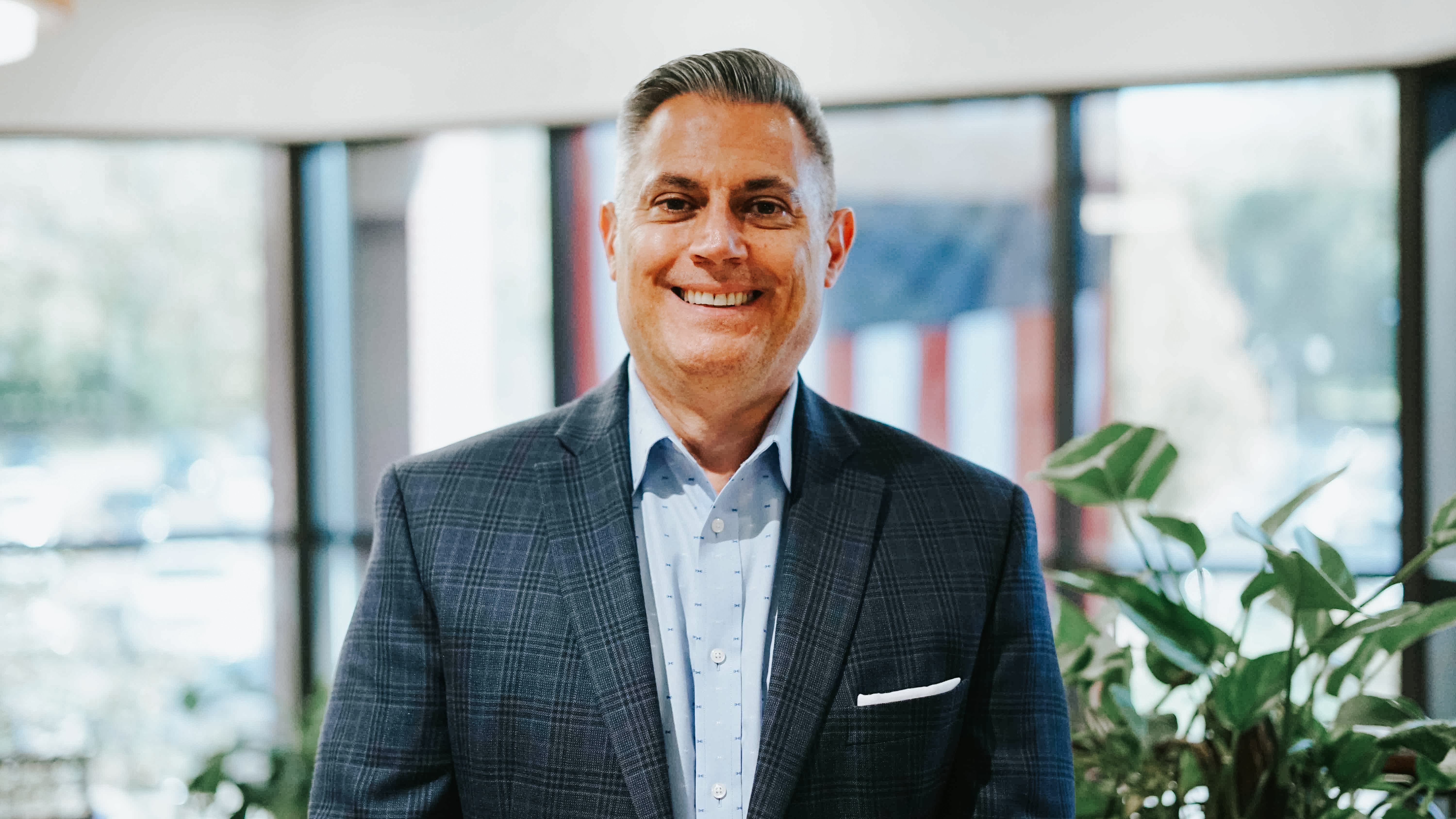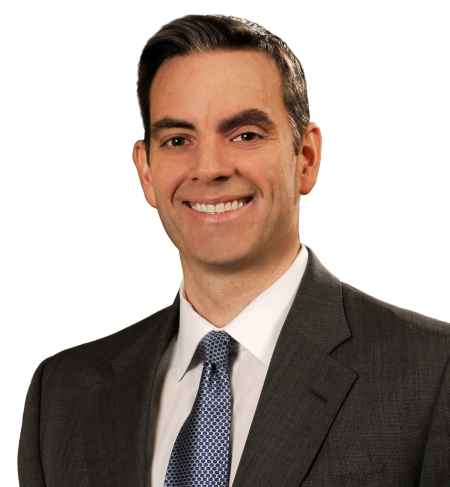Cybersecurity News
CPRA update: Board appointments announced for California Privacy Protection Agency
Keypoint: The appointment of the five California Privacy Protection Agency board members is the first significant step to the California Privacy Rights Act becoming fully operative in 2023.
March 24, 2021
CCPA update: New regulations approved
Keypoint: Modifications to the CCPA regulation’s provisions regarding requests to opt-out and authorized agent requests are now final.
March 23, 2021
Sign-up to receive top management & result-driven techniques in the industry.
Join over 20,000+ industry leaders who receive our premium content.
SIGN UP TODAY!Copyright ©2025. All Rights Reserved BNP Media.
Design, CMS, Hosting & Web Development :: ePublishing












